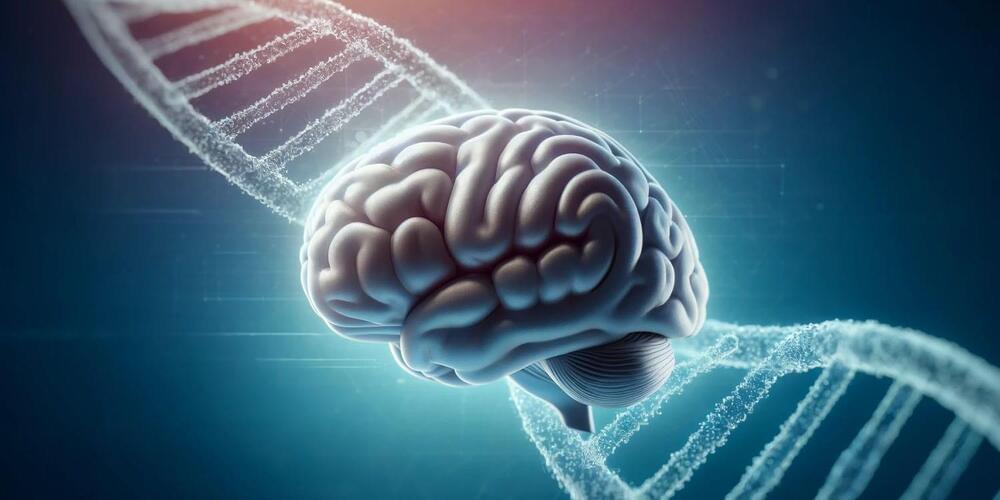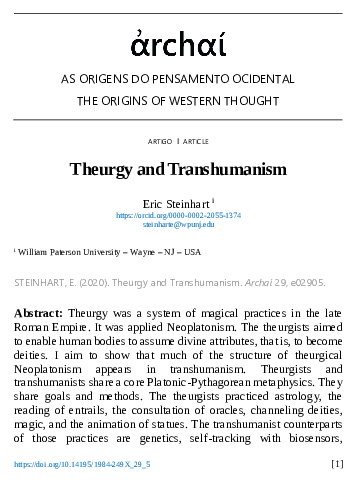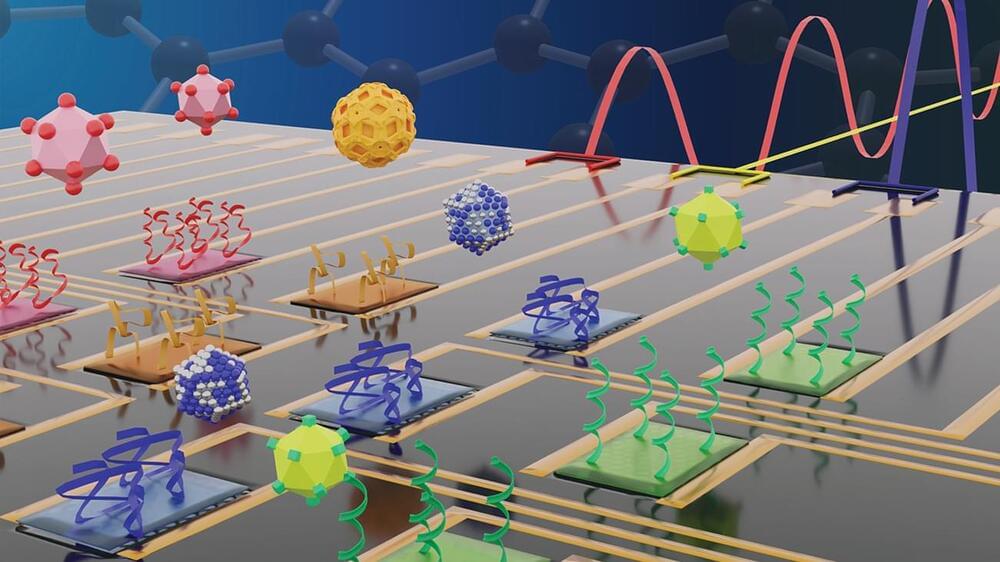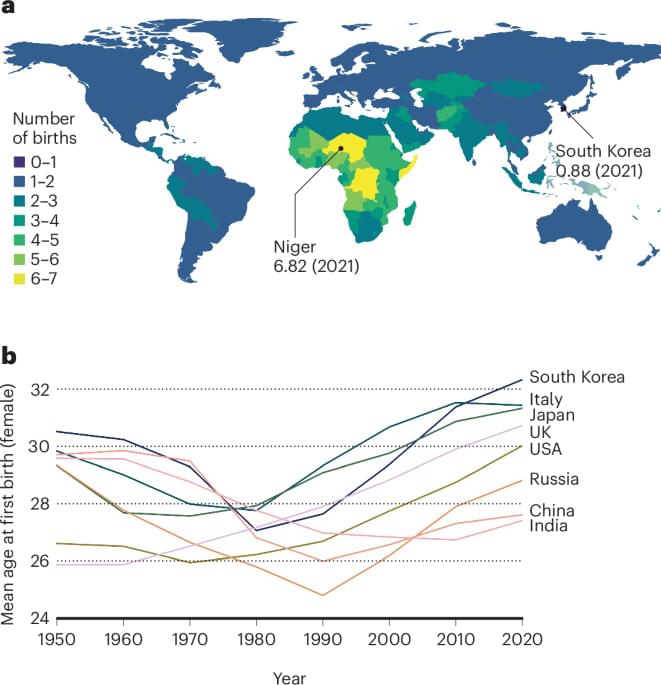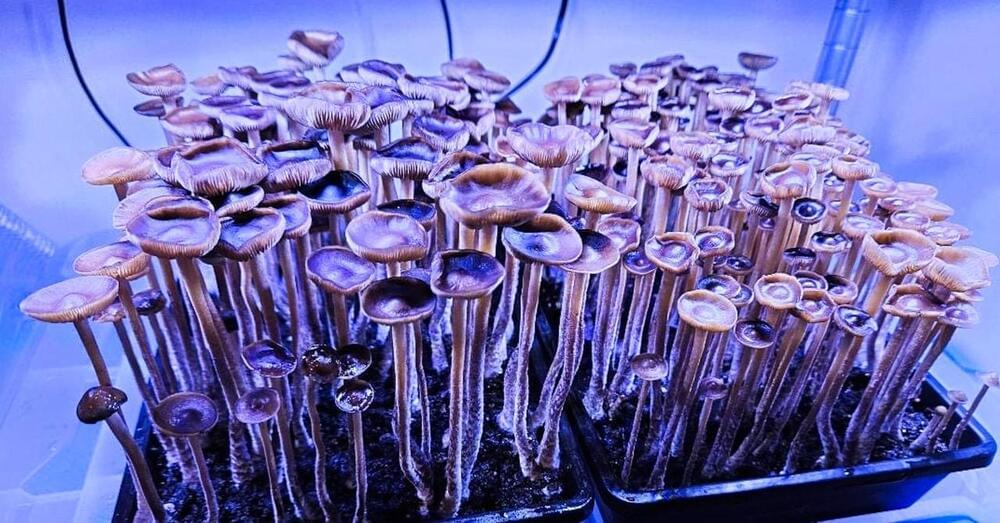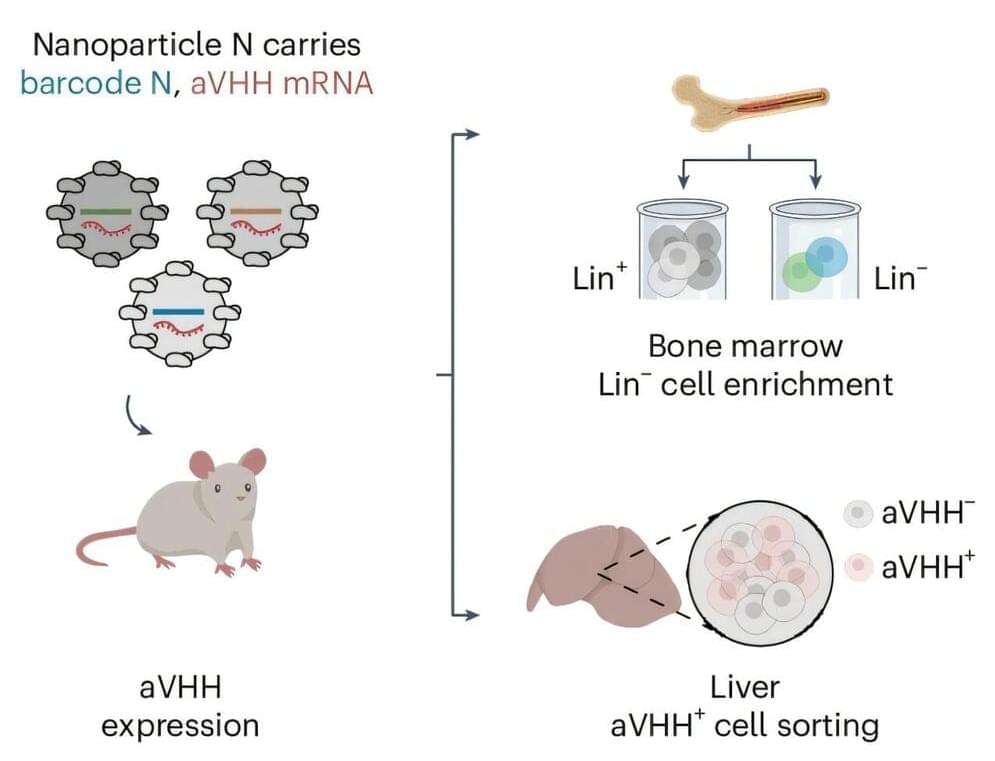Furthermore, GDF-15 levels have been positively associated with the aging process. In fact, Tanaka et al. (Tanaka et al. 2018) showed that this cytokine had the strongest positive correlation with age in humans, and several reports describe higher levels of GDF-15 in older individuals (Semba et al. 2020; Doerstling et al. 2018; Liu et al. 2020). Aging is characterized by a decline in physiological function and changes in body composition, being a major risk factor for a variety of chronic diseases. As such, GDF-15 is also associated with several age-related diseases, including cardiovascular disease (Echouffo-Tcheugui et al. 2021), cancer (Wischhusen et al. 2020), metabolic syndrome (Ho et al. 2023; Carballo-Casla et al. 2022), or diabetes (Ouyang et al. 2020; Merchant et al. 2023), among others (Candia et al. 2021; Iglesias et al. 2023). In addition, it has been proposed as a biomarker for the risk of death in patients with cardiovascular conditions and an accurate all-cause mortality marker (Candia et al. 2021; Iglesias et al. 2023; Nopp et al. 2021). GDF-15 has also been positively associated with deteriorated muscle function and sarcopenia (Semba et al. 2020; Kim et al. 2022, 2020; Nakajima et al. 2019; Lee et al. 2022), a highly prevalent condition among the elderly that increases the risk of frailty (Picca et al. 2020).
It is widely accepted that human aging may be influenced by epigenetic alterations (López-Otín et al. 2023). In this sense, age biomarkers based on DNA methylation have proven useful in predicting the risk of age-related diseases and mortality (Fransquet et al. 2019). Among several developed epigenetic clocks, DNAm GrimAge has shown a higher prediction capacity of mortality and morbidity risk (Lu et al. 2022). Notably, GDF-15 is one of the markers included for the calculation of this clock (Lu et al. 2019). Thus, understanding the interplay between GDF-15 and aging can be crucial for improving the assessment of and management of age-associated conditions.
For all this, the aim of this study was to characterize the changes in circulating GDF-15 levels with age in a population of healthy individuals from the Balearic Islands and investigate its potential associations with different epigenetic and biological clocks, physical performance and other age-related biomarkers.
